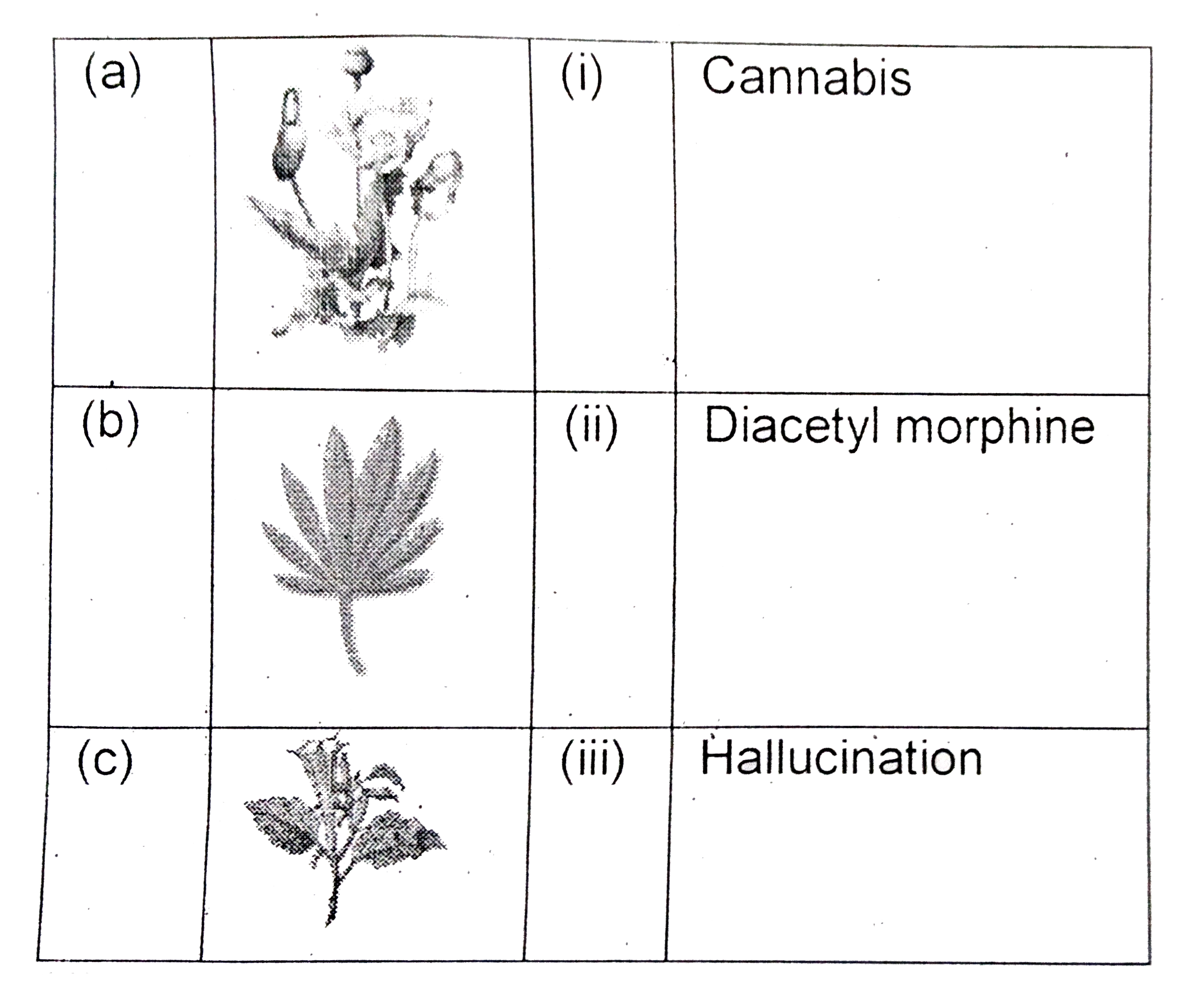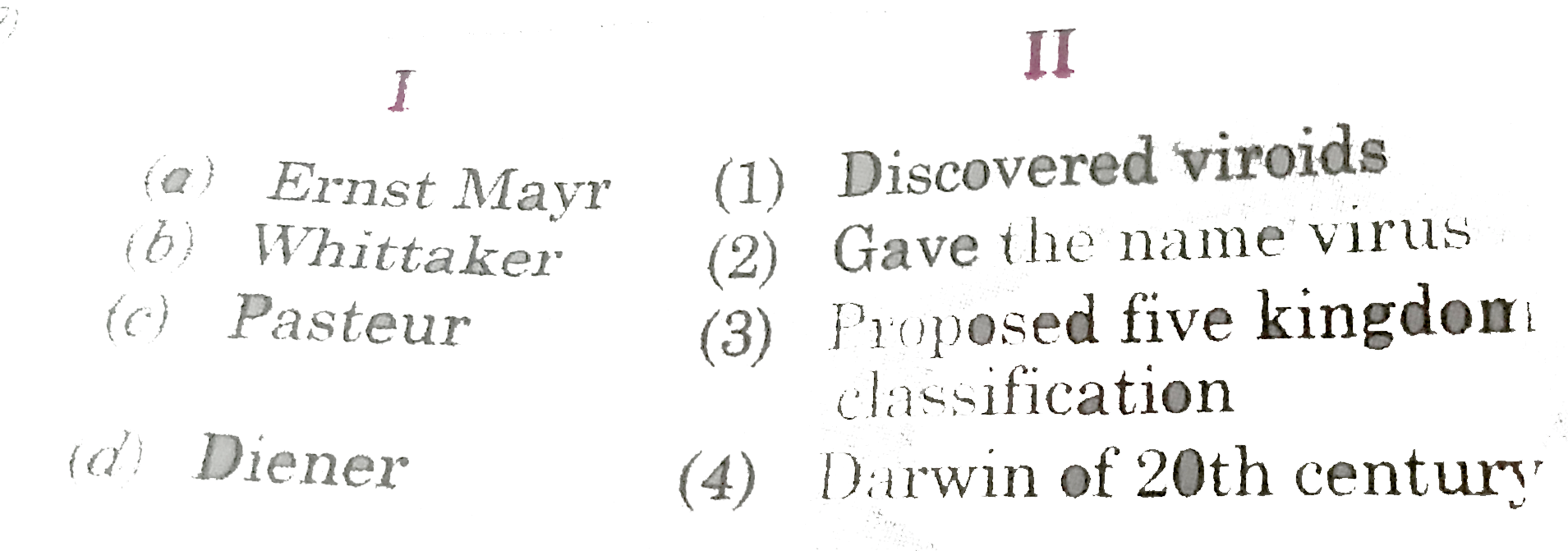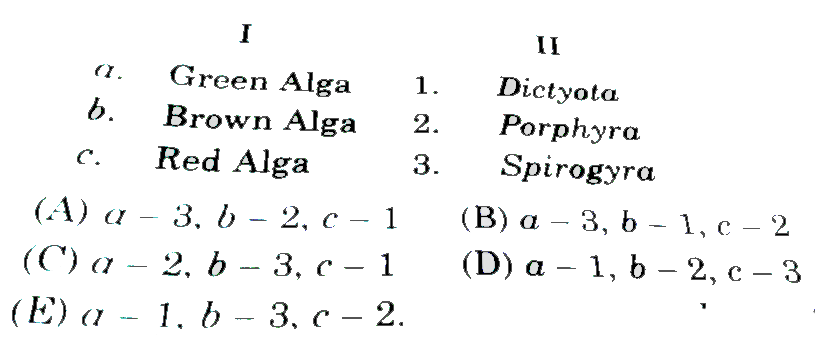Regarding a nucleus choose the correct options.
(a) Density of a nucleus is directly proportional to mass number A
(b) Density of all the nuclei is almost constant of the order of 1017kg/m3
(c) Nucleus radius is of the order of 10−15m
(d) Nucleus radius ∝ A
The correct Answer is:B, C
To solve the question regarding the properties of a nucleus and determine the correctness of the given statements, we will analyze each statement one by one based on the properties of the nucleus.
1. Understanding Nuclear Density:
- The density of a nucleus is defined as the mass of the nucleus divided by its volume. It is important to note that the density of a nucleus is approximately constant for different nuclei, regardless of their mass number (A).
- Conclusion: The statement that the density of the nucleus is directly proportional to the mass number (A) is incorrect.
2. Evaluating Option A:
- Option A states: "The density of nucleus is directly proportional to the mass number A."
- Since we established that nuclear density is constant and does not depend on A, this option is incorrect.
3. Evaluating Option B:
- Option B states: "Density of all nuclei is almost constant and is of the order of 10^17 kg/m^3."
- This is consistent with our understanding that the density of nuclei is indeed around 10^17 kg/m^3 and remains relatively constant across different elements.
- Therefore, this option is correct.
4. Evaluating Option C:
- Option C states: "The nuclear radius is of the order of 10^-15 meters."
- The nuclear radius is indeed on the order of 10^-15 meters (or femtometers), which is a well-known fact in nuclear physics.
- Hence, this option is also correct.
5. Evaluating Option D:
- Option D states: "Nuclear density is directly proportional to A."
- Similar to our analysis in Option A, this statement is incorrect as nuclear density does not depend on the mass number A.
- Therefore, this option is incorrect.
Summary of Options:
- Option A: Incorrect
- Option B: Correct
- Option C: Correct
- Option D: Incorrect
Final Answer:
- The correct options regarding the nucleus are B and C.
- The density of a nucleus is defined as the mass of the nucleus divided by its volume. It is important to note that the density of a nucleus is approximately constant for different nuclei, regardless of their mass number (A).
- Conclusion: The statement that the density of the nucleus is directly proportional to the mass number (A) is incorrect.
- Option A states: "The density of nucleus is directly proportional to the mass number A."
- Since we established that nuclear density is constant and does not depend on A, this option is incorrect.
- Option B states: "Density of all nuclei is almost constant and is of the order of 10^17 kg/m^3."
- This is consistent with our understanding that the density of nuclei is indeed around 10^17 kg/m^3 and remains relatively constant across different elements.
- Therefore, this option is correct.
- Option C states: "The nuclear radius is of the order of 10^-15 meters."
- The nuclear radius is indeed on the order of 10^-15 meters (or femtometers), which is a well-known fact in nuclear physics.
- Hence, this option is also correct.
- Option D states: "Nuclear density is directly proportional to A."
- Similar to our analysis in Option A, this statement is incorrect as nuclear density does not depend on the mass number A.
- Therefore, this option is incorrect.
- Option A: Incorrect
- Option B: Correct
- Option C: Correct
- Option D: Incorrect
- The correct options regarding the nucleus are B and C.
Topper's Solved these Questions
- MODERN PHYSICS - 2BOOK - DC PANDEY ENGLISHCHAPTER - MODERN PHYSICS - 2EXERCISE - Level 2 Comprehension Based
3 Videos
- MODERN PHYSICS - 2BOOK - DC PANDEY ENGLISHCHAPTER - MODERN PHYSICS - 2EXERCISE - Level 2 Subjective
10 Videos
- MODERN PHYSICS - 2BOOK - DC PANDEY ENGLISHCHAPTER - MODERN PHYSICS - 2EXERCISE - Level 2 Single Correct
13 Videos
- MODERN PHYSICS - 1BOOK - DC PANDEY ENGLISHCHAPTER - MODERN PHYSICS - 1EXERCISE - Level 2 Subjective
23 Videos
- NUCLEIBOOK - DC PANDEY ENGLISHCHAPTER - NUCLEIEXERCISE - C MADICAL ENTRANCES GALLERY
46 Videos
Similar Questions
Knowledge Check
Choose the correct option as directed.
ACsH>KH>NaH>LiH (Order of stability)BH2O<NH3<CH4 (Order of dipole moment)CPH3<AsH3<NH3<SbH3 (Order of boiling point)DX−−−H−X,X=O>F>N>S>Cl (Order of strength of H-bonding)
Regarding the nuclear forces, choose the correct options.
View SolutionRegarding stationary waves, choose the correct options.
View SolutionMatch the following and choose the correct option

View SolutionChoose the correct regarding E.N.
View SolutionMatch the following regarding diseases and choose correct one.

View SolutionMatch the columns and choose the correct option

View SolutionMatch the columns and choose the correct option

View Solution
